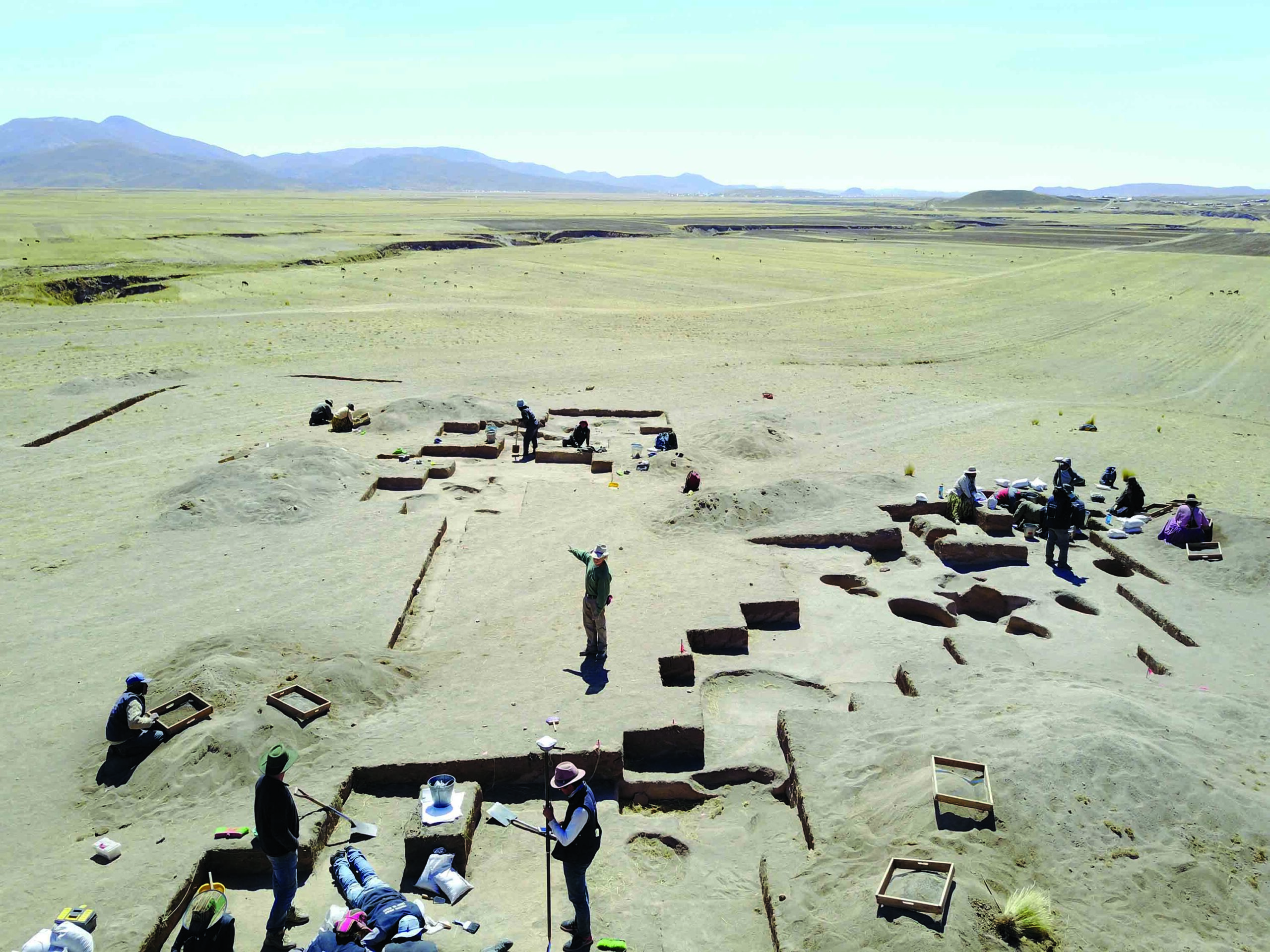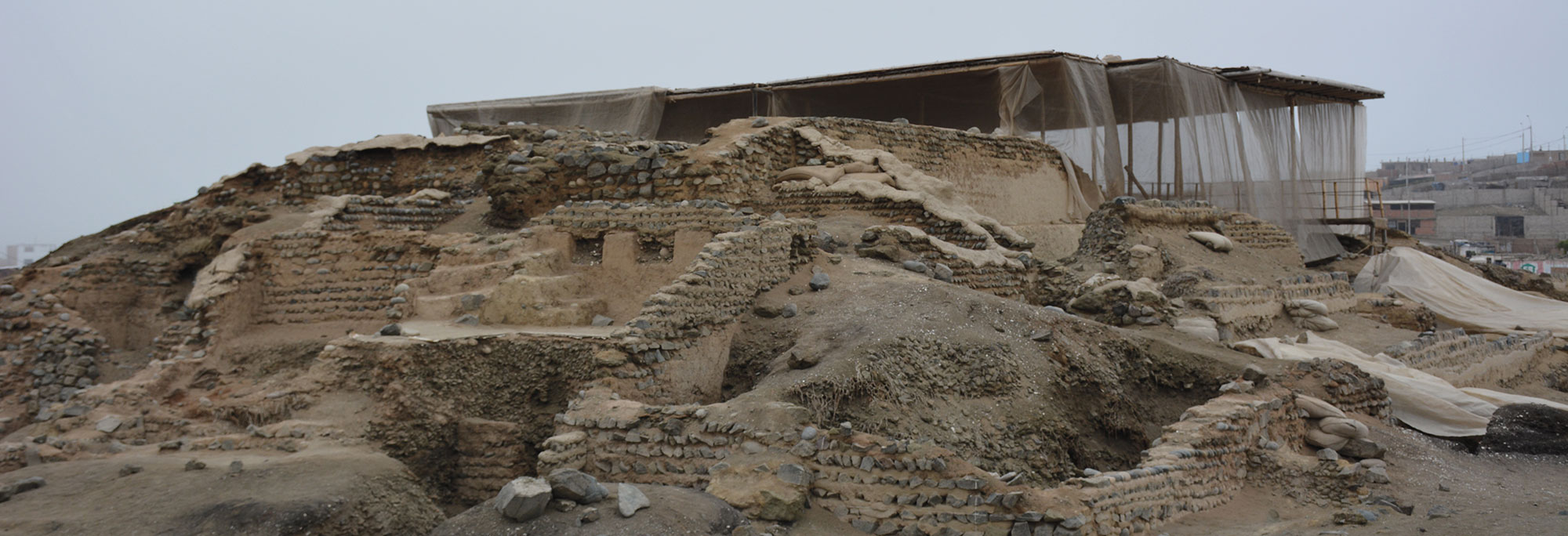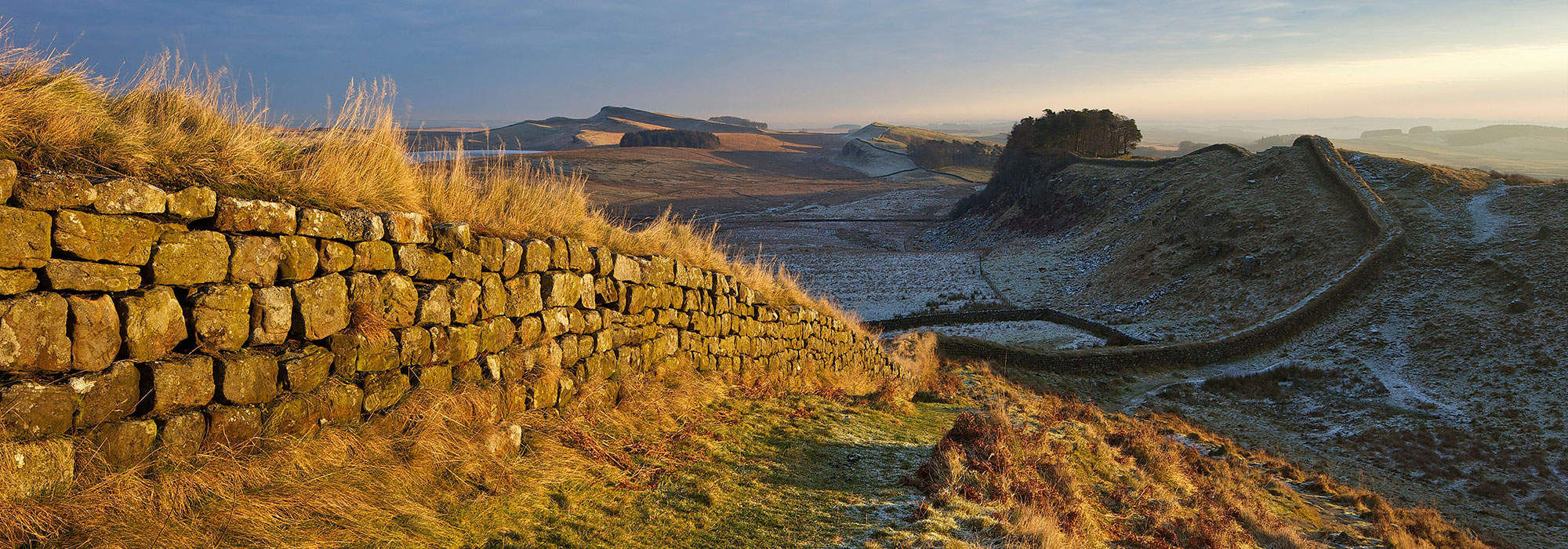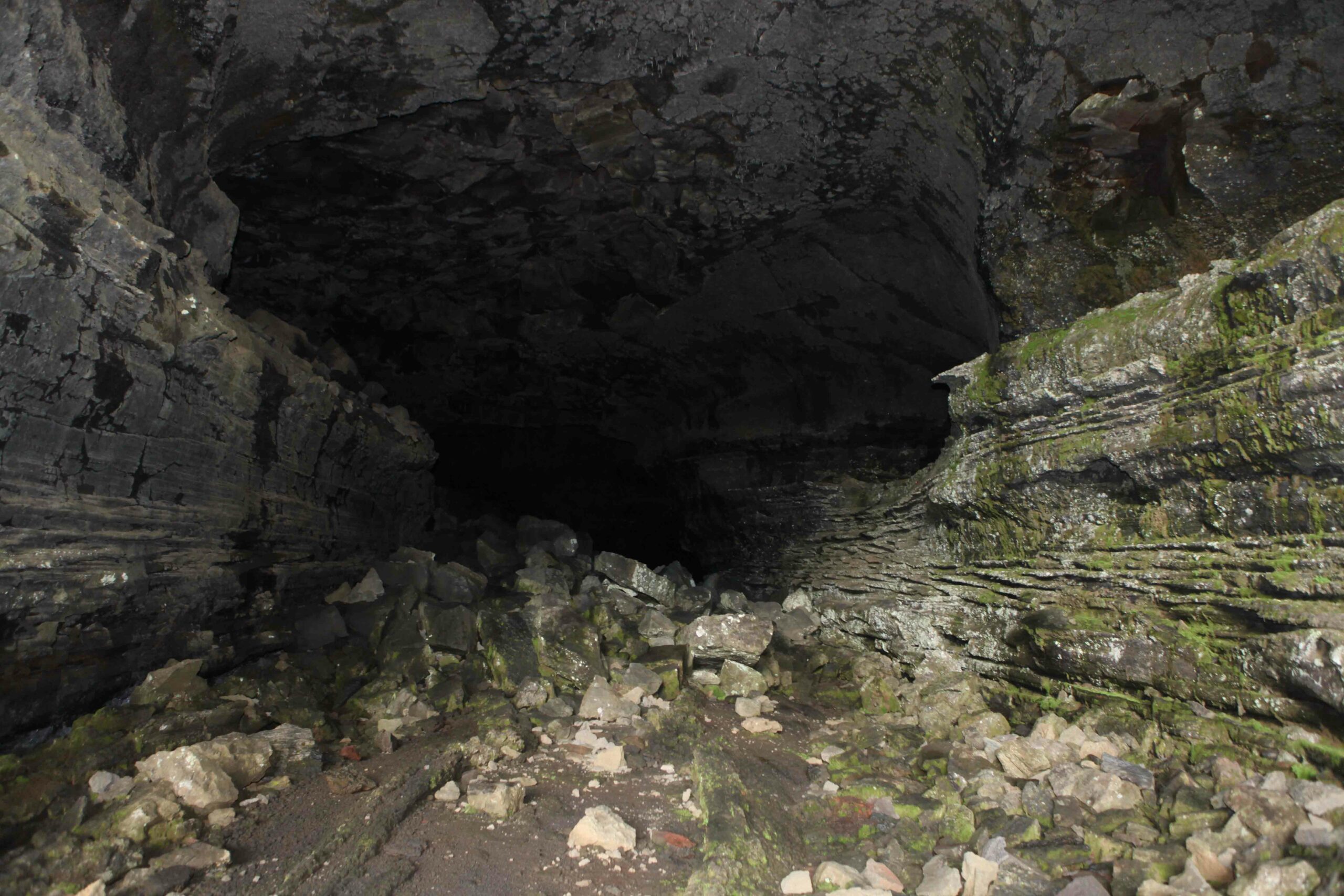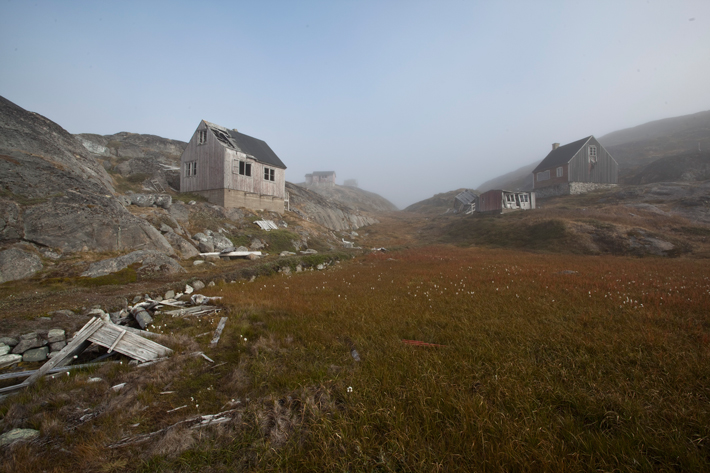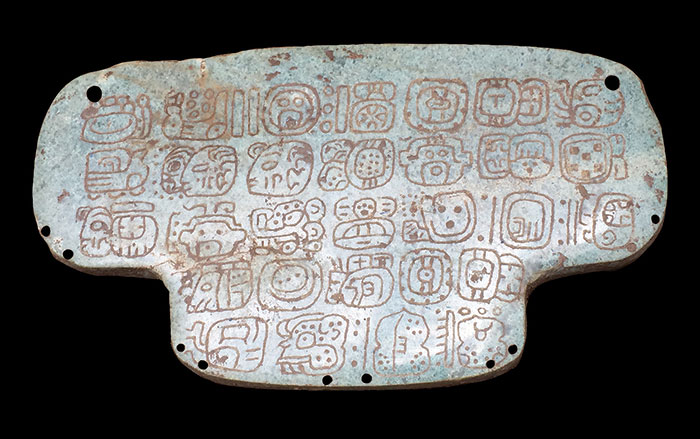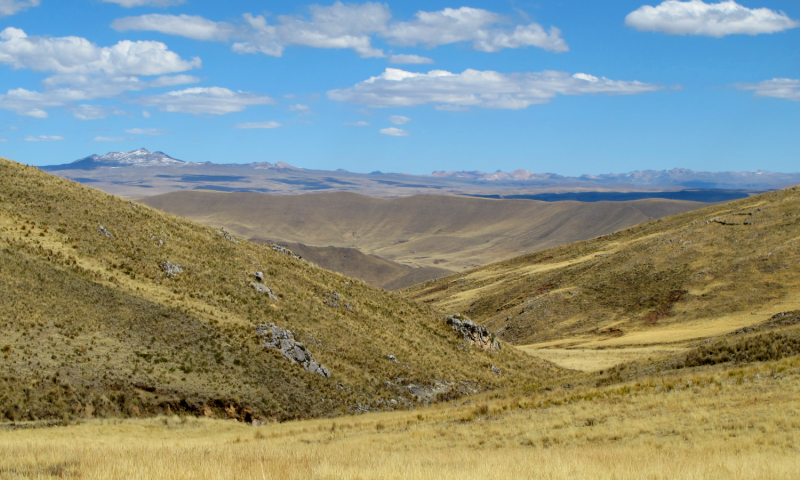
PUNO, PERU—A site discovered in Peru at 12,500 feet above sea level suggests that hunter-gatherers lived all-year-round at very high altitudes beginning at least 7,000 years ago. USA TODAY reports that archaeologists uncovered the remains of 16 individuals at the site of Soro Mik'aya Patjxa in the Andean Highlands, as well as stone points, animal bones—likely of the vicuña, a relative of the llama—and evidence of wild tubers. According to the researchers, several factors point to the group's permanent residence in upper altitudes, including the lack of any imported materials found at the site, the great distance to lower elevations in the area, and the results of stable isotope analysis on their bone material, which yielded low oxygen and high carbon isotope ratios, indicating a life spent in thin air and dizzying heights. To read more about archaeology in Peru, go to “An Overlooked Inca Wonder.”


